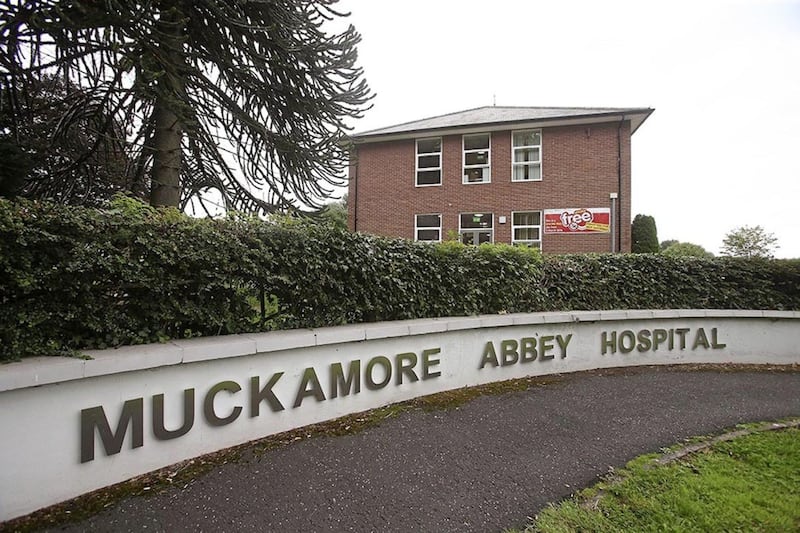Of all the revelations coming from the Renewable Heat Incentive inquiry perhaps the most striking is the bizarre way our civil service appears to be run.
In the last few weeks we have learned that administrative errors and an apparent lack of oversight contributed to approving a scheme which has allowed claimants to earn money by burning more fuel than they needed.
An alternative Challenge Fund scheme which would have cost £300 million less than RHI was ignored, solely because it had higher administrative costs.
Trevor Cooper, former Department of Enterprise, Trade and Investment finance director, suggested last week that departmental officials mistakenly thought they had appropriate safeguards in place and, when flaws were spotted, had more power than they actually did to resolve them.
An economist who signed off on the disastrous scheme admitted it was “beyond him” and the job should have been handed over to a more senior colleague.
Dealing with huge public schemes will always include huge risks but the way this initiative was managed is astonishing. It seemed as though none of the key players were listening to each other or were fully aware of what was happening. And the inquiry has not even finished yet.
Large institutions are often run according to their own, seemingly arbitrary, rules.
A manager told the inquiry before Christmas that spending decisions within government might seem "strange" to “outsiders" but were governed by "rigid" rules.
‘But that’s the way we’ve always done it,’ is a dangerous concept. And the idea that ‘outsiders’ could not understand the complex, often baffling, world of the civil service means that bad decisions, which cost taxpayers money, get overlooked.
In Lewis Carroll’s Through the Looking Glass, Humpty Dumpty tells Alice that when he uses a word “it means what I choose it to mean – neither more nor less.”
“The question is,” said Alice, “whether you can make words mean different things.”
The word ‘rigid’ when applied to rules about civil service spending means very little when there is no wider overview of the whole project.
The end result in the case of RHI is that taxpayers have been left with a £490 million burden over 20 years due to a lack of cost controls. And all this at a time when our public services are at breaking point.
It is no wonder then that the most influential civil servant in the UK has been parachuted in to sort out the north’s finance department. Sue Gray, the living embodiment of a riddle wrapped in a mystery inside an enigma, has been described as the most powerful woman in Britain and, alarmingly “deputy God”. The most interesting fact about her is that she once took a career break to run The Cove bar outside Newry in the 1980s and is married to Co Down-born country and western singer Bill Conlon.
Yet it is her civil service background which is of more interest to us. Ms Gray certainly has form in keeping senior politicians in check. She dealt with the Plebgate inquiry that led to the resignation of minister Andrew Mitchell; oversaw cabinet reshuffles; was influential in the honours system and effectively forced the resignation of Theresa May’s deputy Damian Green after her investigation found he had made misleading statements over pornography found on his Commons computer.
She even reviewed political memoirs to make sure they included no embarrassing revelations about the government.
Her appointment has been seen as a clear indication of the return of direct rule. But it is also a sign that Britain has concerns about how our own civil servants are handling public money. If the Tory government is to give the north an extra £1 billion as part of its confidence and supply deal with the DUP then it is reasonable it might have an interest in how that money is spent.
There is no doubt that in many aspects direct rule will be a backwards step. Key issues including redress for victims of institutional abuse, abortion law and the introduction of same-sex marriage will not be addressed under rule from Westminster. And the longer a devolved government is kept in cold storage, the harder it will be to resolve differences between the DUP and Sinn Féin that collapsed the executive in the first place.
Yet if our public services are to be run from Britain, perhaps the one positive outcome might be that a scheme as disastrous as RHI can never be allowed to happen again. We can only leave it in the hands of ‘deputy God’.








